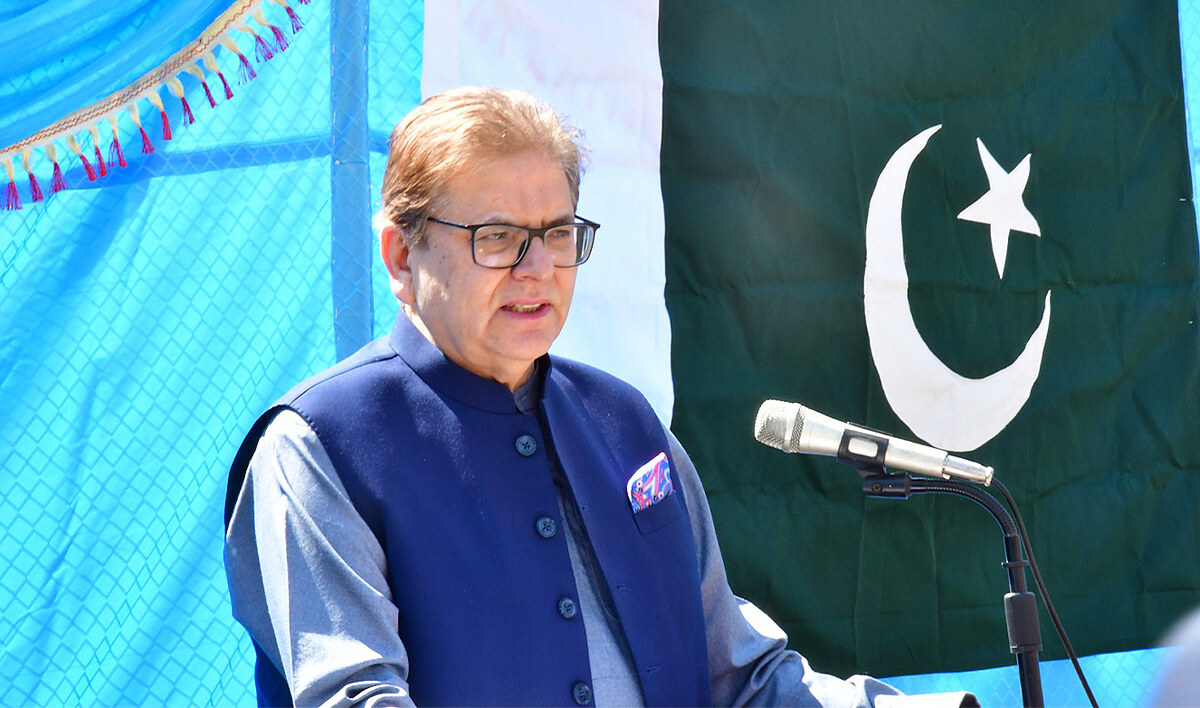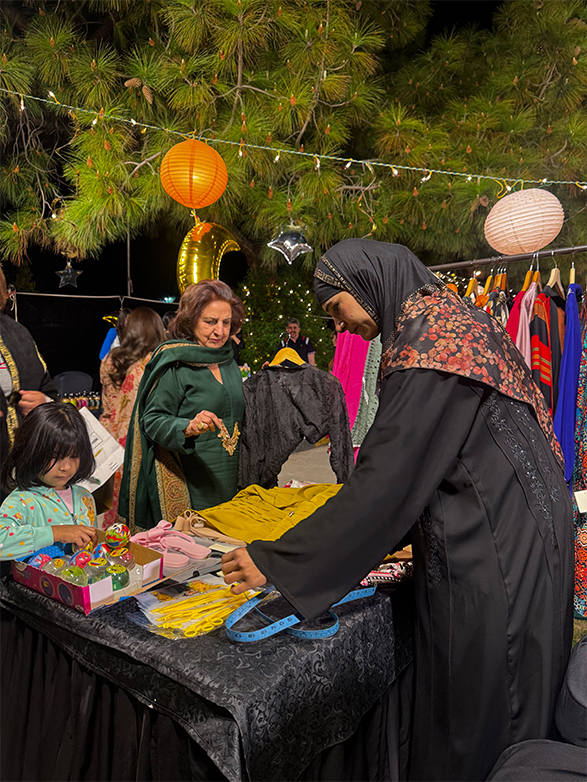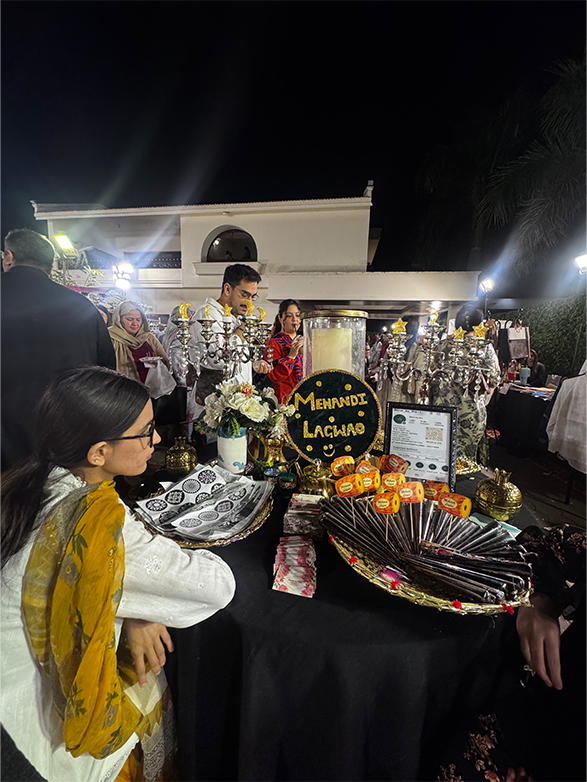ISLAMABAD: Pakistan’s central moon sighting committee will meet on Friday to sight the crescent for the Islamic month of Dhul Hijjah, state-run media reported, as millions of Muslims around the world arrive in Saudi Arabia to perform the annual Islamic Hajj pilgrimage this month.
Dhul Hijjah is the last month of the Islamic calendar during which the Hajj pilgrimage takes place. While the 10th day of the month is marked by Eid Al-Adha, the second major religious festival of Islam, also known as the “festival of sacrifice.”
In Pakistan, the Ruet-e-Hilal Committee is tasked with sighting the moon for new Islamic months. Dates for Ramadan and Eid festivals are confirmed by the committee through visual observation and based on testimonies received of the crescent being sighted from several parts of the country.
“A meeting of Central Ruet-e-Hilal Committee will be held in Karachi tomorrow to sight the Dhul Hijjah moon,” state broadcaster Radio Pakistan said on Thursday. “It will be chaired by Chairman of Central Ruet-e-Hilal Committee Maulana Abdul Khabeer Azad.”
Eid Al-Adha commemorates the Prophet Ibrahim’s test of faith when he was commanded by God to sacrifice his son. To reflect his readiness to do so, Muslims around the world slaughter an animal, usually a goat, sheep or cow, and distribute the meat among relatives and the poor.
Hajj is one of the five pillars of Islam that requires every adult Muslim to undertake the pilgrimage to the holy Islamic sites in Makkah at least once in their lifetime if they are financially and physically able. The pilgrimage begins on the 8th of Dhul Hijjah, and this year’s Hajj is expected to run from June 14 till June 19.
Pakistan has a Hajj quota of 179,210 pilgrims, of which around 70,000 people will perform the pilgrimage under the government scheme, while the rest will use private tour operators.



















